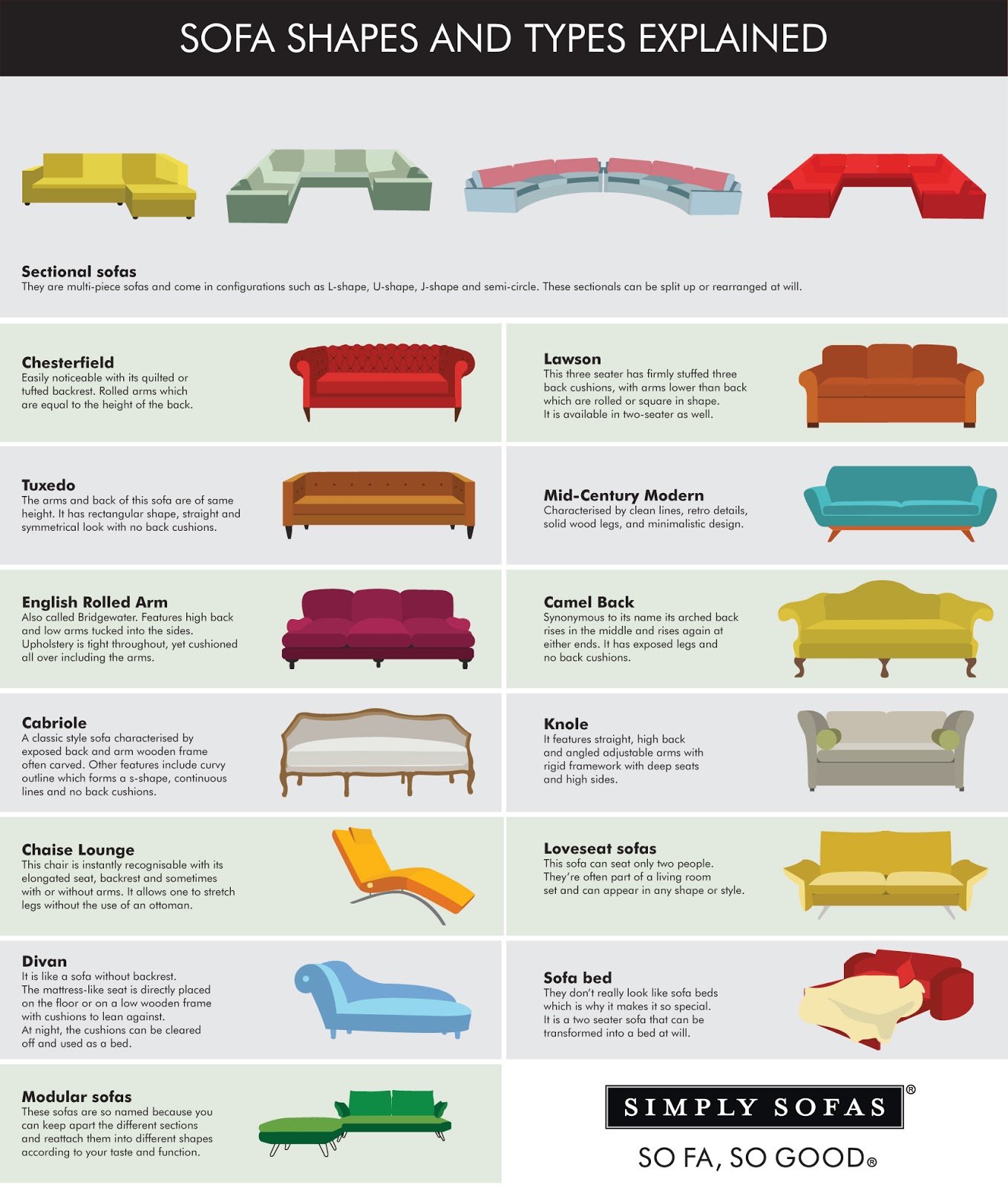The Simply Sofas Guide to Buying Dining Tables
Ronald Reagan once said
that all great change begins at the dinner table. While that’s as may be, it’s
unarguable that a good dining table can make the difference between being
absorbed in conversation, and wondering when you can move some place more
comfortable. Choosing one that ticks all the boxes, however, can be a challenge
- you want something that is functional, stylish, durable, stable, well-suited
to your decor, seats the right number of people…
This guide will help you
filter the choices to arrive at the table that’s right for your needs.
Size
The first thing to
determine is the largest table you can comfortably fit in the space you’d like
to place your dining table. This is to establish a set of “do-not-exceed”
dimensions - anything smaller is never an issue.
The best way to do this
is to leave about 44 to 48 inches of space from the walls of your dining area,
on all sides. This is required to allow people unhindered freedom of movement
around the table. If there is other furniture or a door in the dining space,
then this clearance should be maintained from the furniture or the open door.
If you’re considering an extendable table like that of Odyssey by Calligaris or
Tokyo by Tonin Casa, then you should ideally maintain the clearance from the
fully extended configuration.
For tables much smaller
than the area of your dining space, you can use 36 inches as a minimum width -
this typically allows enough room for place settings and food. Of course, as
table length increases, so does width, proportionally. A good rule of thumb is
that each person needs at least 2 feet of space to sit comfortably without
bumping elbows.
If you anticipate having
to squeeze in an extra chair at the table fairly often, then consider a model
with a pedestal base. These ensure that table legs don’t obstruct the chairs,
but some base designs can restrict legroom, so it’s good to strike the right
balance.
 |
Shape
Once you have a size in
mind, the next most important factor to consider is shape. Generally,
rectangular tables are most efficient at seating more people, while square and
circular tables work best for more intimate settings. Also, consider the shape
of your dining space: rectangular tables are the most practical for long, narrow
rooms. Alf’s Garda and Tonin Casa’s Wave are ideal rectangular tables that
accommodate more people.
For round and square
shapes, the wider the table, the harder it is to reach across the table or pass
things around. On the plus side, round shapes do take up less space, and can
also help visually in a space with straight lines and edges like that of Tondoby Koinor which is apt for such necessities. For circular tables wider than 5
feet in diameter, a lazy Susan feature can make it easier to keep things
accessible to everyone.
If you like the modern
appeal of a square shape, but also want something that seats lots of people
when required, consider a square table that is extendable. Extension leaves
enable a square table to transform into a larger rectangular one. Omnia byCalligaris features a square glass top and wooden frame that extends with an
opening mechanism. Oval shapes can offer the best of both worlds - the visual
appeal of sleek curves, and the convenience of long tables. (Some oval tables
also offer extension features.)
 |
| 1. Rectangular Table 2. Round Table 3. Square Table 4. Oval Shaped Table |
Material
& Finish
Clear on shape and size?
The next thing to decide on is material and finish. Your choice of material
impacts not just the aesthetics of your dining space, but also carries many
implications for ease of use and practicality.
Solid wood is of course,
a timeless classic, and when crafted well, a solid wood table is exceptionally
enduring. Prince by Calliagris is a rectangular table that can accommodate up
to 8 people and is entirely made of wood. Materials such as metal and glass
have a distinctly contemporary feel, while stone tables can vary widely in
style depending on the finish.
When choosing a type of
finish, keep in mind your tolerance for wear. High-gloss sheens and dark
surfaces are the most stylish, but tend to show scratches easier than, say,
distressed finishes in light colours. Clear glass and chromed metal tend to
show fingerprints, while frosted and brushed finishes hide them.
The table below to
compare characteristics across materials and finishes.
Testing
Your Table
Before you buy a dining
table, it’s important that you actually try it out. Sit at the table, and check
for comfort and stability. Make sure it’s the right height for you. If you’re
choosing chairs separately, table height is a factor to account for. (We’ll
post another guide on chairs, soon!) but isn't too big for passing dishes
comfortably. Leaning on the table at different spots - especially the corners
and sides far from the center in rectangular tables - helps to check that it is
stable.
With those few tests
done, you’re all set to acquire your stylish new dining table. If you have any
other questions, do let us know, and we’ll be happy to help.
Simply Sofas has a wide collection of fine European dining tables, check them out here. Also, here's a list of popular dining tables from our collection.
Simply Sofas has a wide collection of fine European dining tables, check them out here. Also, here's a list of popular dining tables from our collection.



This is a great inspiring article.I am pretty much pleased with your good work.
ReplyDeleteCheap Dining Room Sets Under 100
Mattress Stores Denver
Furniture Stores In Denver Colorado